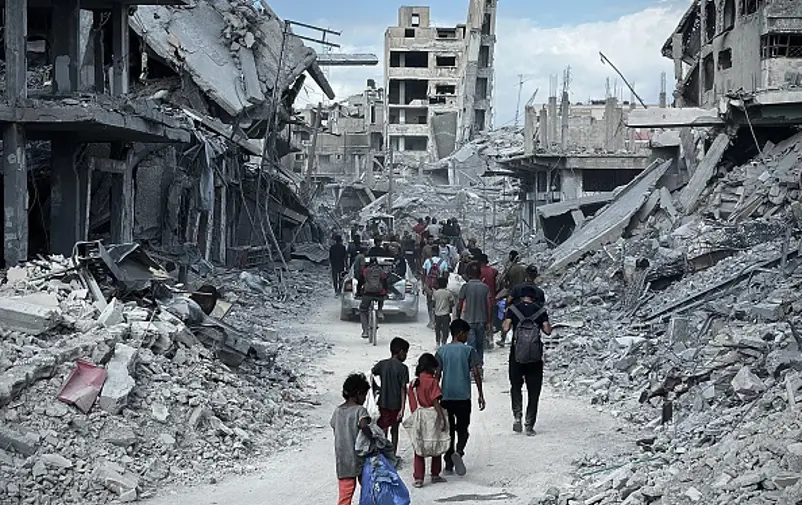EU member states identify development needs for civilian crisis management efforts at Summer Forum in Stockholm
The new civilian compact aims to strengthen the EU's capabilities for civilian crisis management. As part of the implementation of the agreement among EU members, increasing personnel contributions to the efforts is crucial. Therefore, the European Centre of Excellence for Civilian Crisis Management in Berlin, together with FBA, is organizing a Summer Forum where states can identify their main development needs.The Civilian CSDP Summer Forum will take place during the Swedish Council Presidency on June 15-16 in Stockholm and is co-organised by the European Centre of Excellence for Civilian Crisis Management in Berlin and FBA.
– The new Civilian Compact agreed on May 22 represents a landmark for the EU's civilian crisis management capability, but member states now need to take ownership for its implementation, says Karin Limdal, Head of Sector for political content and focus management at the European Centre of Excellence for Civilian Crisis Management in Berlin, seconded by FBA.
The number of seconded experts has decreased over time
Currently, ten out of 27 member states provide nearly 80 percent of the experts deployed to EU civilian crisis management missions. Additionally, the number of seconded experts has decreased over time, which cannot solely be attributed to the closing of missions or a reduction in field positions.
– The Civilian Compact requires EU member states to increase their contributions to EU civilian crisis management missions. The Summer Forum held in Stockholm aims to create a platform for member states to identify their primary needs in developing their civilian crisis management capabilities, says Åsa Claesson, FBA's EU Coordinator.
Only through structured development of national civilian capabilities can EU member states increase their contribution to civilian crisis management, as stipulated in the Civilian Compact agreement.
– It is necessary to establish structures and systems for national coordination, planning and foresight, budgeting, legal frameworks, including secondment systems for personnel, national career path development, training and education to mention a few, in order to allocate more personnel and equipment, explains Karin Limdal.
Supporting development of civilian crisis management capabilitites
If the political commitments outlined in the agreement are not followed by member states allocating resources for this purpose, the toolbox for EU civilian crisis management will face the danger of being rendered meaningless.
– As the European Centre of Excellence for Civilian Crisis Management, our role is to support and facilitate member states' efforts in developing civilian crisis management capabilities through informal exchange, sharing best practices in different fora, advising on the improvement of various national frameworks, and facilitating the development of new national implementation plans and supporting informal member state led clusters to enhance implementation of these plans, says Karin Limdal.








 >
> >
>

